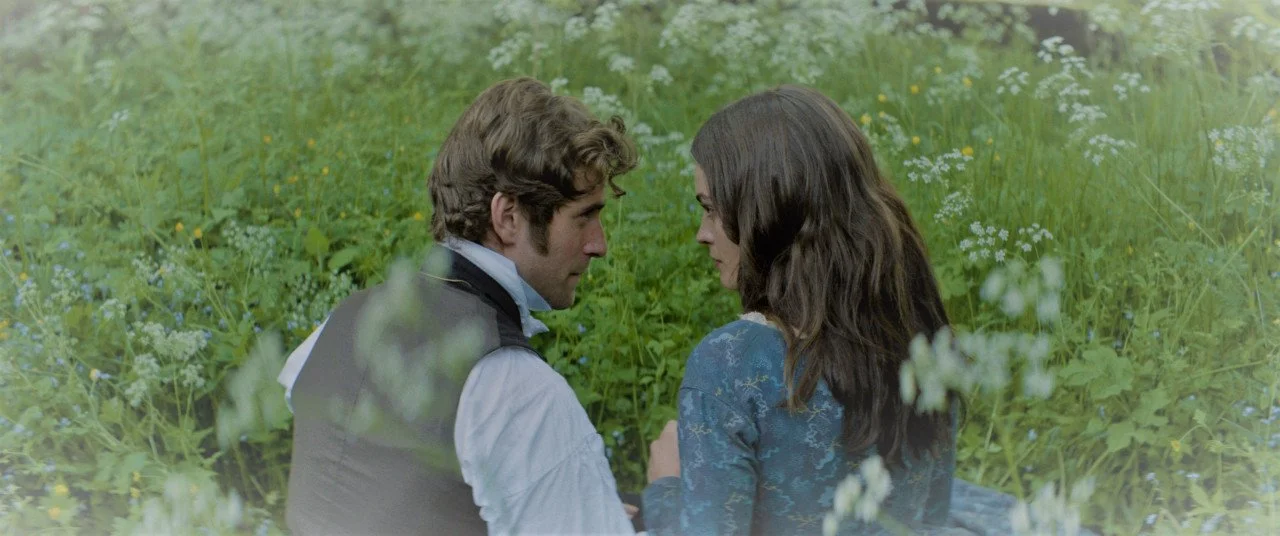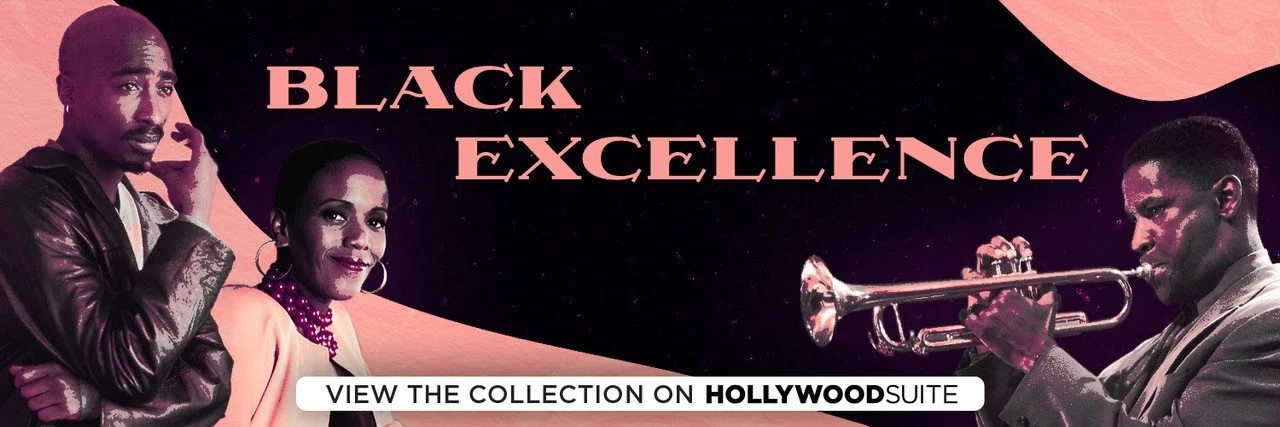Emily: Reconsidered Brontë Posits… Wuthering Heights, Drawn from Life?
By Liam Lacey
Rating: B+
The Australian actress Frances O’Connor has played her share of befrocked 19th century heroines (Mansfield Park, The Importance of Being Earnest, Madame Bovary). Now she offers a creative re-imagining of the life of Emily Brontë, who died at 30 in 1848, leaving behind some poems and one of the major works of 19th century fiction, Wuthering Heights.
While Emily is not entirely fanciful, O’Connor’s film is clearly an exercise in speculative fiction. What if, instead of being inspired by gothic and romantic literature that she and her sisters devoured from childhood, Emily Brontë based her famous novel on her lived experience?
Thus we have O’Connor’s version of Emily, played by the darkly beautiful French-English actress Emma Mackey (Netflix’s Sex Education, Death on the Nile). Here, she is a rebellious young woman ahead of her time, involved in a passionate transgressive love affair, having supernatural experiences, struggling with patriarchal rules, grief, trauma and sibling rivalry.
The sparse historical record about Brontë’s life is beside the point. The purpose here is to communicate the emotional core of her experience as a brilliant outsider and young woman artist in Victorian England.
At the heart of the story, O’Connor’s script imagines a forbidden relationship, one that mirrors that of the destructive romance between Catherine and Heathcliff in the novel. The man is the arrogant, hot young curate in town, William Weightman (Oliver Jackson-Cohen) who becomes a guest at the Brontë household. (Weightman was real, the affair was not.)
Emily is the family’s awkward recluse, known in the town as “the strange one” who struggles to make eye contact with other people. Her strict clergyman father Patrick (Adrian Dunbar) wants Emily to learn French like her sister, Charlotte (Alexandra Dowling), so she can make a living as a teacher. Weightman is her instructor and their initial sparks of antagonism soon turn to physical passion. As a man of God, he can’t cope with this fierce young woman.
From the outset, O’Connor makes no secret of her revisionist approach. As the film begins, with Emily’s death from tuberculosis at the age of 30, the camera pans to copies of her newly published novel with her name proudly written under the title. (As O’Connor no doubt knows that the book was first published under the pen name, Ellis Bell.)
No matter — moods are more important than historical accuracy or scene-setting here. Cinematographer Nanu Segal, shooting on the moors near the Brontë home in Haworth in West Yorkshire, avoids coffee table pretty framing, preferring dim naturally lit interiors and rushing handheld outdoor shots to suggest emotional urgency. Similarly, Abel Korzeniowski’s classically styled score ranges from moody piano arpeggios to manic violins.
There’s another proto-Heathcliff here, Emily’s brother Branwell (Fionn Whitehead) who pre-deceased her by less than three months. A handsome rake, artist, and would-be writer — given to booze and drugs and an illicit romance with a married woman —he inspires the wild side in Emily in a relationship that borders on the incestuous.
In one of the more on-the-nose scenes, he shows Emily a message he has inked on his forearm: “Freedom in thought!” They practice yelling their manifesto across the moors. Their father, Reverend Patrick says he must send Branwell away because of the “inappropriate” relationship. Later, though, the compulsively honest Emily doesn’t refrain from telling her dissipated brother, frankly, that he’s an undisciplined hack when it comes to the literary business.
Less persuasive is the rivalry depicted between the wild Emily and the more extroverted and pragmatic Charlotte who, in real life, survived all of her siblings before dying in pregnancy at 38. She is portrayed here as prudish, scolding, and envious of Emily’s genius, which seems unfair.
The basis of this comes from Brontë biographers who note that, following, Emily and Anne’s deaths, Charlotte sanitized her sisters’ controversial reputations by portraying them as unworldly and naïve. (There’s also a persistent rumour that she destroyed the unfinished manuscript for Emily’s second novel.) But it goes too far to suggest that the author of Jane Eyre, a book never mentioned here, was the work of a second-rate, convention-bound talent.
Overall, O’Connor’s revisionist depiction of Emily Brontë is a tantalizingly credible exercise in world-building thanks to the director’s commitment to her concept, and on a scene-by-scene basis by Mackey’s brooding performance.
She communicates a kind of awkward physicality of someone caught up in their inner life, and suggests how Brontë’s small, close circle of relationships may have found their way into her gigantic work of fiction.
Emily. Directed and written by Frances O’Connor. Starring Emma Mackey, Fionn Whitehead, Oliver Jackson-Cohen, and Alexandra Dowling. In theatres February 24.



